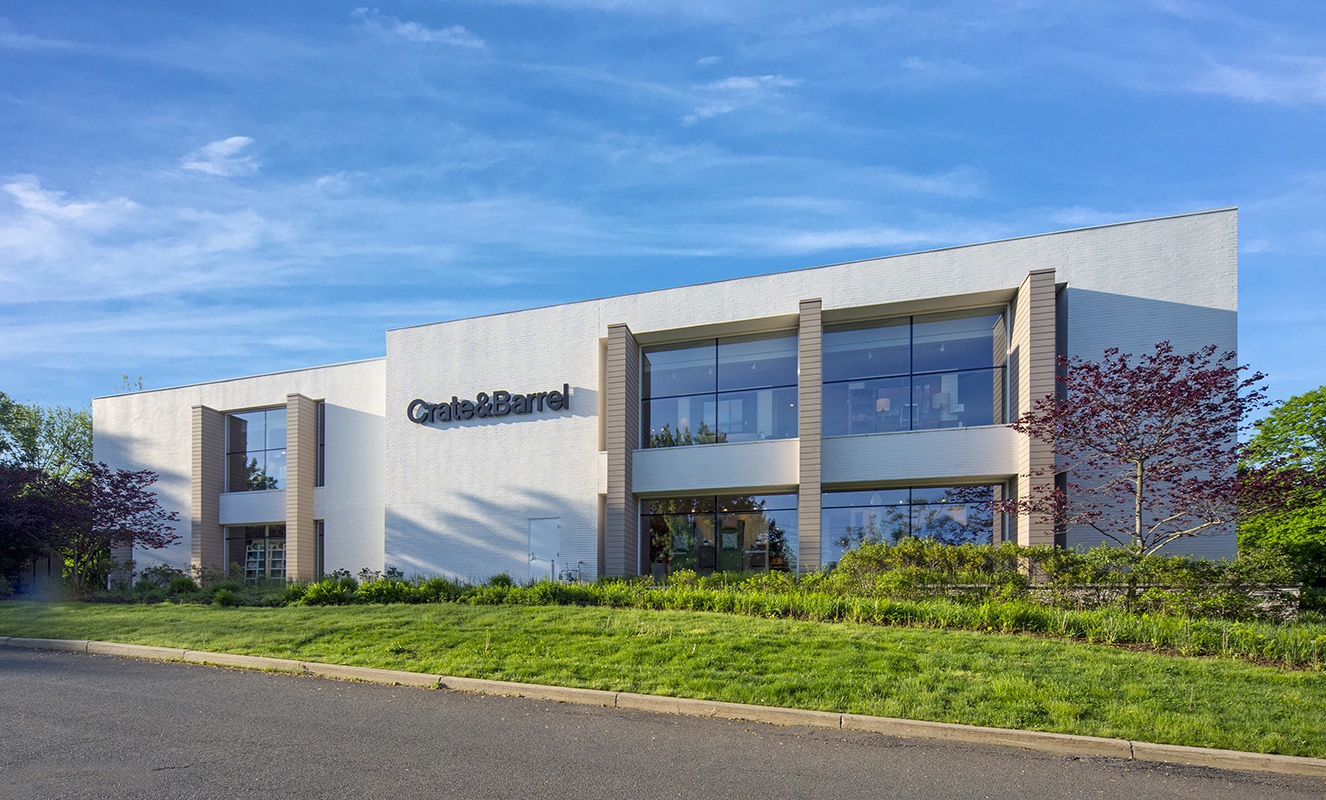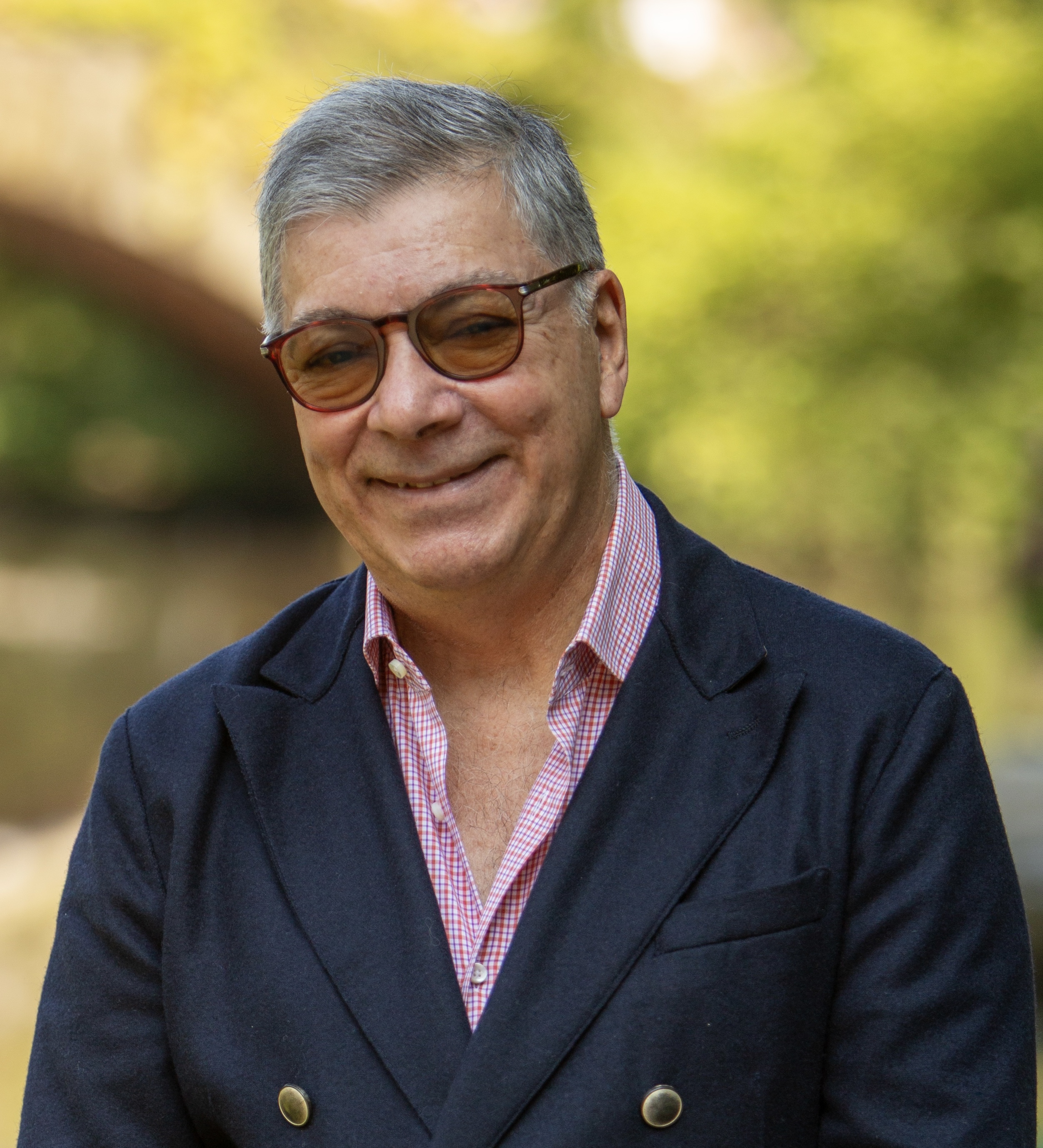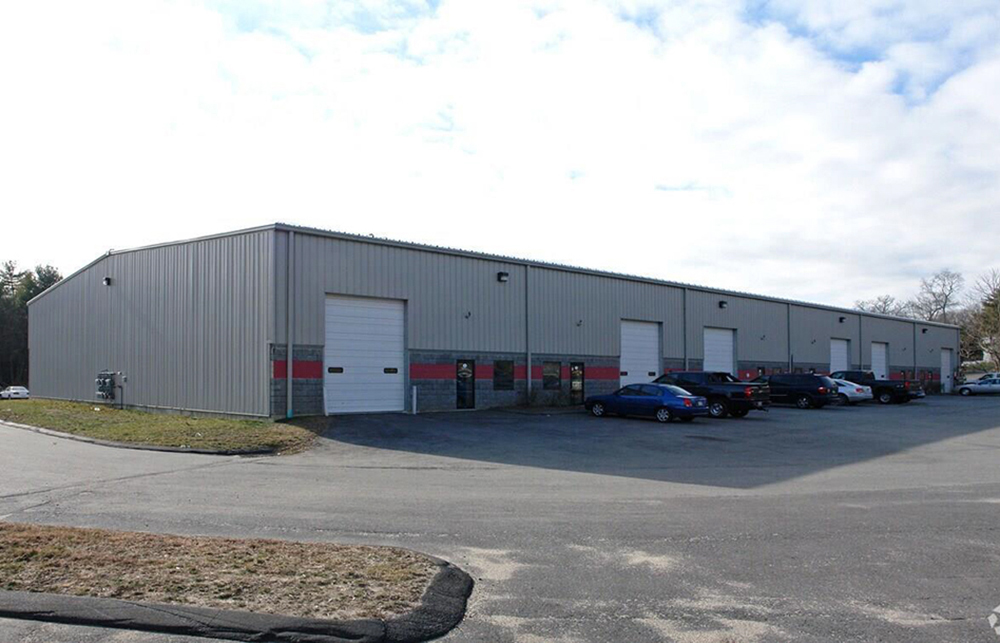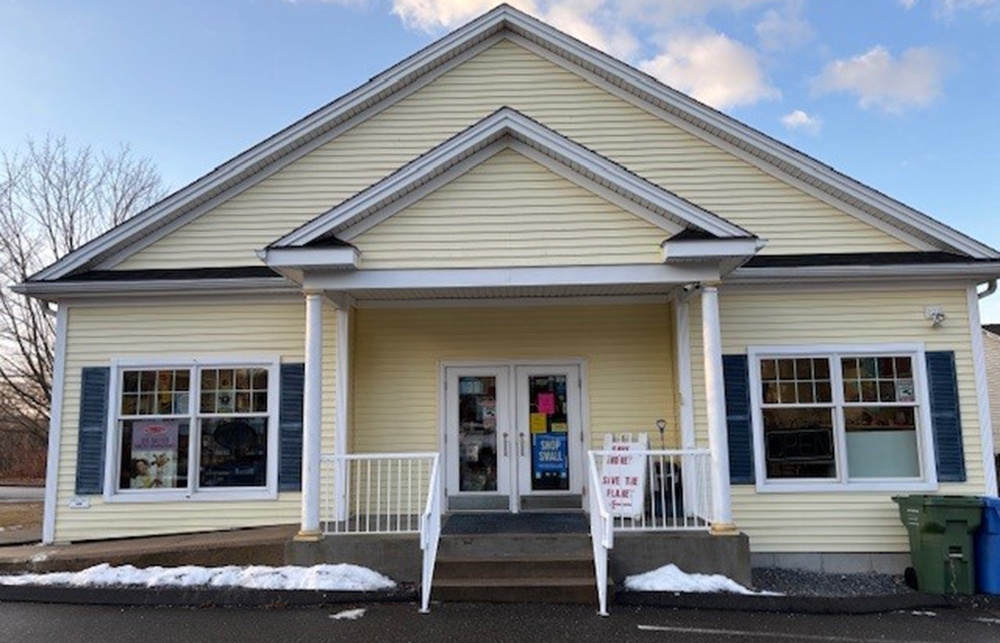Cushman & Wakefield arranges three leases totaling 50,759 s/f at 1200 Post Road East

Westport, CT Cushman & Wakefield has arranged three leases totaling 50,759 s/f at the renovated 1200 Post Rd. East.
Cushman & Wakefield’s Adam Klimek and Jim Fagan represented the landlord, 1200 Post Road LLC, in the transactions.
“Ownership has done an incredible job renovating the property to provide a best-in-class experience for the building’s current and future tenants,” said Klimek. “With these leases, the property is 93% leased with 4,100 s/f of available space in the vibrant complex.”
Crate & Barrel renewed its 37,253 s/f lease.
Westport Academy of Dance signed a long-term, 9,276 s/f lease. The tenant was also represented by Klimek.
The Wonder, a children’s club, signed a long-term, 4,230 s/f lease. The tenant was represented by Klimek.
The complex totals 58,196 s/f, consisting of four two-and-a-half story buildings that each feature an exclusive entrance and exit, elevated and unobstructed signage frontage along Rte. 1 and parking. The asset underwent renovations resulting in updated and refurbished exteriors. Cushman & Wakefield is currently marketing the remaining available space within the property.
The property is located on Rte. 1, in proximity to I-95, Merritt Pkwy. and Green’s Farms Metro-North train station, allowing for commute to nearby cities.
RapDev leases 17,587 s/f at 501 Boylston St. - lease brokered by JLL


End of the year retail thoughts - by Carol Todreas

Retail / tariffs / uncertainty and (still) opportunity - Carol Todreas
As new tariffs continue to impact the global economy, retail businesses and investors are grappling with heightened uncertainty. From new high tariffs to supply chain issues to evolving consumer behaviors, continual changes are making it as or more challenging than the pandemic years. Yet, amidst this turbulence,

Newbury Street: Boston’s timeless retail gem thrives in a modern era - by Joseph Aquino
Boston’s iconic Newbury St. continues to thrive as one of the most vibrant and compelling retail corridors in the United States. Nestled in the heart of the Back Bay, this historic St. has evolved into a powerhouse of high-St. retail, where luxury meets lifestyle and legacy brands coexist with up-and-coming names. With its European charm, diverse architecture, and unmatched foot traffic, Newbury St. remains a dynamic reflection of Boston’s energy, culture, and economic strength.

Placemaking and retail in 2024 - by Carol Todreas
Placemaking. That is the word for 2024. While the concept has historical precedence in urban development, it became part of our current culture in the 1960’s when urbanists started to think about cities for people, not just cars.









.png)
